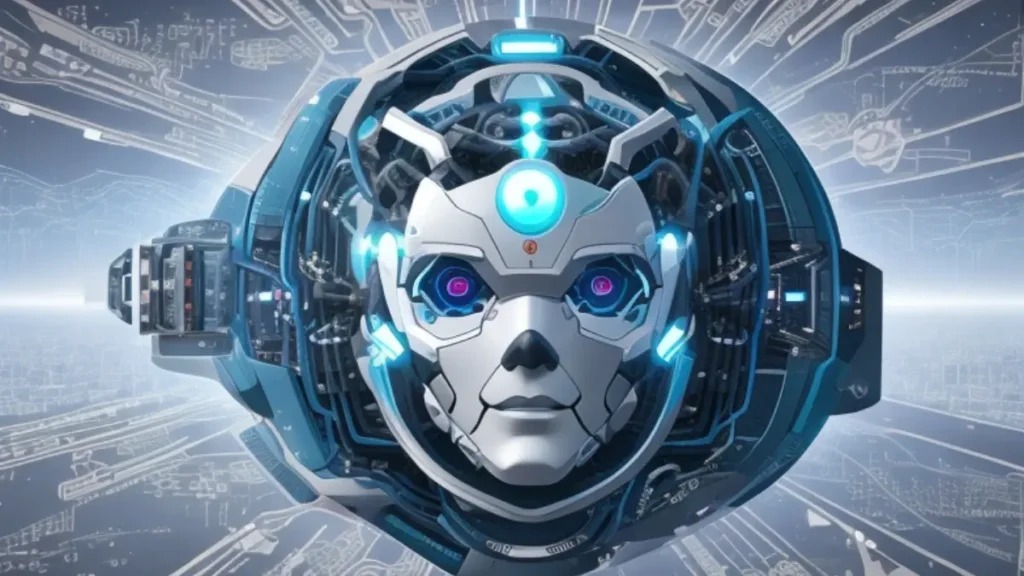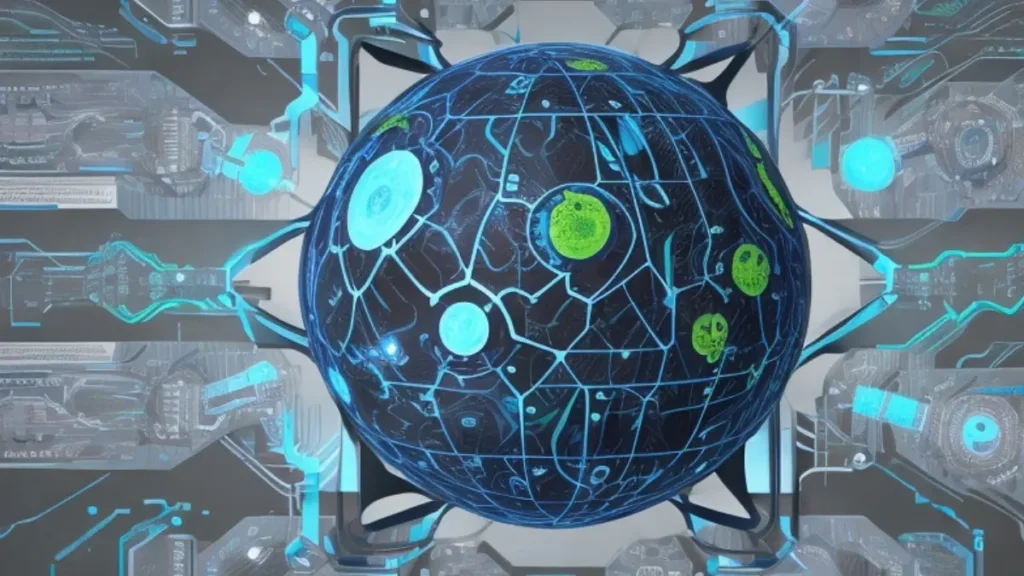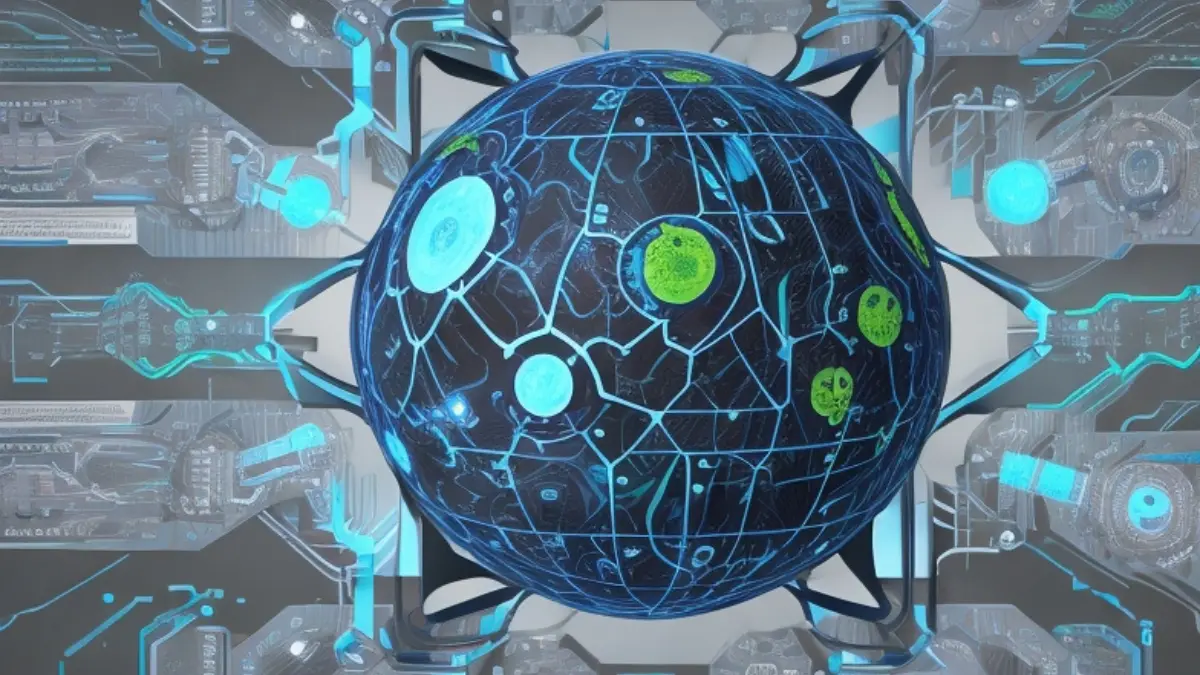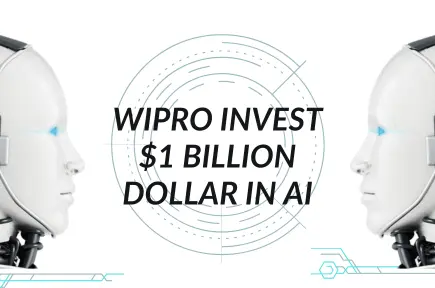In the realm of technological advancement, Generative Artificial Intelligence (AI) stands out as a game-changer poised to revolutionize various industries. Here are five ways Generative AI will transform the world in 2024 and beyond:

Personalized Healthcare Solutions
Generative AI is poised to revolutionize healthcare by offering personalized solutions that cater to individual patient needs.
By analyzing vast amounts of patient data, including medical records, genetic information, and lifestyle factors, Generative AI algorithms can identify patterns and correlations that human doctors might overlook.
This data-driven approach enables healthcare providers to offer tailored treatment plans that are more effective and efficient, leading to improved patient outcomes.
One of the key advantages of Generative AI in healthcare is its ability to process and analyze complex data sets quickly.
This speed and accuracy allow for real-time decision-making, especially in critical situations where every second counts.
For example, in emergency medicine, Generative AI can assist doctors in diagnosing conditions and recommending treatment options based on a patient’s specific medical history and current symptoms.
Moreover, Generative AI can also be used to predict and prevent diseases by identifying risk factors and early warning signs.
By continuously monitoring a patient’s health data, AI algorithms can alert healthcare providers to potential issues before they escalate, enabling proactive intervention.
Enhanced Customer Experience
In the realm of business and customer service, Generative AI is transforming the way companies interact with their customers. Through the use of chatbots, virtual assistants, and personalized recommendation systems, businesses can offer more efficient and tailored experiences to their customers.
Chatbots powered by Generative AI can handle customer inquiries in real-time, providing instant responses to common questions and issues.
This not only improves customer satisfaction but also reduces the burden on human customer service agents, allowing them to focus on more complex tasks.
Virtual shopping assistants are another application of Generative AI that enhances the customer experience.
By analyzing customer preferences and purchase history, these assistants can offer personalized product recommendations, leading to higher conversion rates and customer loyalty.
Accelerated Scientific Discovery
Generative AI is accelerating scientific discovery by automating the analysis of large datasets and complex simulations.
In fields like drug discovery, materials science, and climate modeling, AI algorithms can process data much faster than humans, leading to new insights and discoveries.
For example, in drug discovery, Generative AI can analyze the chemical properties of millions of compounds to identify potential drug candidates with the desired therapeutic properties.
This process, which would take years for human researchers to accomplish, can be completed in a fraction of the time with AI assistance.
In materials science, Generative AI is being used to design new materials with specific properties, such as strength, flexibility, or conductivity.
By simulating the behavior of these materials under different conditions, AI algorithms can optimize their composition and structure for various applications.

In climate modeling, Generative AI is helping scientists better understand complex climate systems and predict future climate trends.
By analyzing historical climate data and running simulations, AI algorithms can identify patterns and correlations that inform climate models, leading to more accurate predictions and better-informed policy decisions.
Generative AI is revolutionizing scientific research by enabling researchers to process and analyze data at unprecedented speeds, leading to new discoveries and advancements across various fields.
Creative Content Generation
Generative AI is pushing the boundaries of human creativity by assisting artists, writers, musicians, and designers in the creative process.
By analyzing large datasets of existing creative works, AI algorithms can generate new content that mimics the style and characteristics of the original works.
For example, in visual art, Generative AI can create unique paintings, drawings, and digital art pieces that are indistinguishable from those created by human artists.
Similarly, in music composition, AI algorithms can generate original compositions that sound like they were written by human composers.
Generative AI is also being used in literature to assist writers in the creative process.
By analyzing the structure and style of existing literary works, AI algorithms can generate new stories, poems, and essays that adhere to similar patterns and conventions.
In design and advertising, Generative AI is revolutionizing the creation of visual content.
By analyzing trends in graphic design and advertising, AI algorithms can generate designs and advertisements that are tailored to specific audiences and demographics.
Overall, Generative AI is expanding the possibilities of creative expression by offering new tools and techniques for artists, writers, musicians, and designers to explore.
Autonomous Vehicles and Transportation
Generative AI is playing a crucial role in the development of autonomous vehicles and intelligent transportation systems.
By processing real-time data from sensors, cameras, and other sources, AI algorithms can make split-second decisions that are essential for the safe and efficient operation of autonomous vehicles.
One of the key challenges in autonomous vehicle development is the ability to interpret and respond to complex traffic situations. Generative AI enables vehicles to analyze their surroundings and make decisions based on factors such as traffic conditions, pedestrian movement, and road obstacles.
Moreover, Generative AI is also being used to optimize transportation networks and logistics operations.
By analyzing data on traffic patterns, demand for transportation services, and supply chain logistics, AI algorithms can identify inefficiencies and recommend optimizations that improve the overall efficiency of transportation systems.
In addition to autonomous vehicles, Generative AI is also being used in other areas of transportation, such as route planning and scheduling.
By analyzing historical data and real-time traffic conditions, AI algorithms can optimize routes and schedules to minimize travel times and fuel consumption.
Overall, Generative AI is revolutionizing the transportation industry by enabling the development of autonomous vehicles, optimizing transportation networks, and improving the efficiency of logistics operations.
As this technology continues to evolve, it is expected to have a profound impact on how people and goods are transported in the future.
Conclusion
In conclusion, Generative AI is poised to revolutionize the world in 2024 and beyond by transforming healthcare, enhancing customer experiences, accelerating scientific discovery, fueling creativity, and reshaping transportation.
As this technology continues to advance, its impact on society will only grow, ushering in a new era of innovation and progress.
Disclaimer: The content provided is for informational purposes only and does not constitute professional advice. Any actions taken based on this information are at the user’s discretion.



